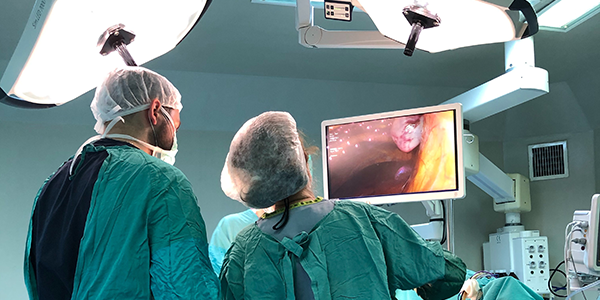If you have been admitted to a postgraduate medical education program at the University of Toronto, this section has information relevant to the different stages of your training pathway.
Which type of Learner are you?
A resident is a medical school graduate who undergoes postgraduate training leading to Specialty or Subspecialty certification by the Royal College of Physicians and Surgeons of Canada (RCPSC) or the College of Family Physicians (CFPC).
Residents can enter Specialty Programs directly from medical school (e.g., PGY1 Entry), while Subspecialty Programs require prior completion of a Specialty Program (e.g., a Neuroradiology Resident starting in PGY6 must first complete Diagnostic Radiology PGY1-5). Residents are often funded by the Ministry of Health (MOH) and are classified by their Postgraduate Year (PGY), which reflects both their level of training and salary amount.
A clinical fellow is a learner obtaining additional experience over and above the basic specialty requirement. This experience may involve the acquisition of specific or more specialized expertise that would not normally be acquired during residency training.
Fellowships are very individualized with appointments being a minimum of 6 months to one year in length. Clinical fellows have variable funding sources.
An elective learner voluntarily registers for an elective rotation at the University of Toronto to satisfy a non-mandatory component of their postgraduate medical training at their home institution.
Elective training typically spans a short duration, usually up to 6 months.



